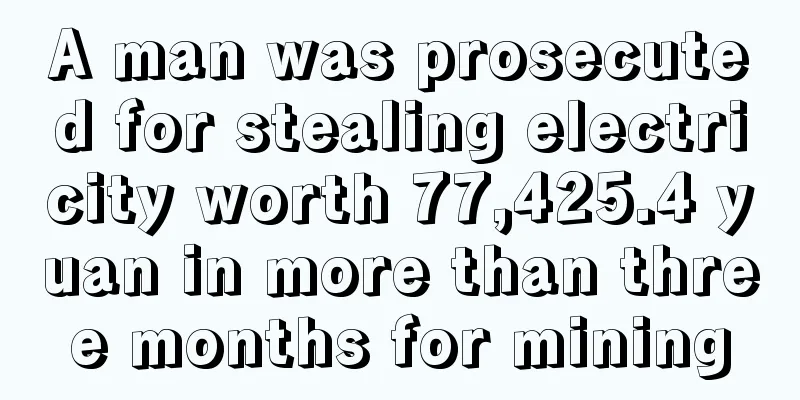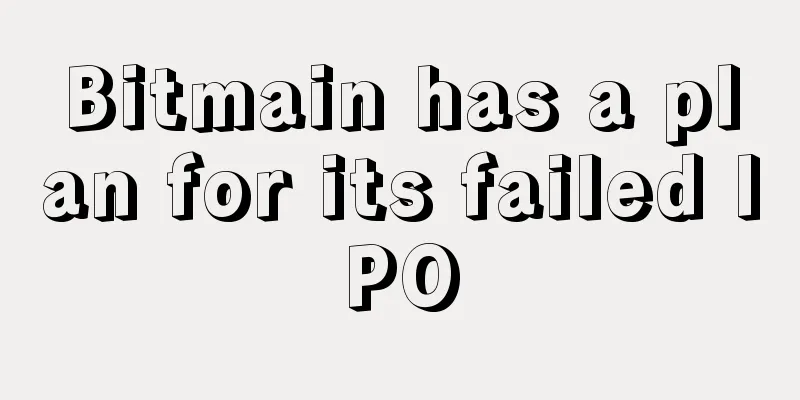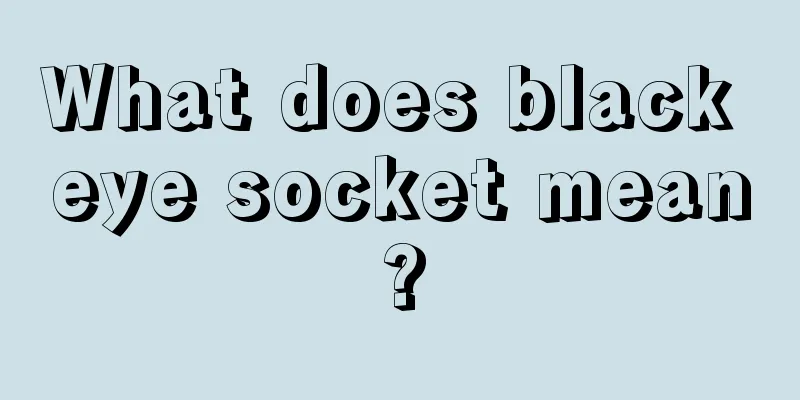Shandong High Court: Investing in or trading virtual currencies is not protected by law

|
Typical Cases of Shandong Courts Applying the Civil Code 27 Investing in or trading virtual currencies is not protected by law - Ma v. Liu, Chang, and Li, contract dispute case Judgment Summary Online virtual currency is not issued by a currency issuing authority, does not have monetary attributes such as legal tender and compulsory nature, is not a real currency, does not have the same legal status as currency, cannot and should not be circulated and used as currency in the market, and citizens' investment and trading in virtual currency are not protected by law. Basic facts Ma filed a lawsuit with the People's Court of Licheng District, Jinan City, claiming that the plaintiff Ma invested 70,000 yuan in the Welle International Cryptocurrency Project (hereinafter referred to as the Welle Coin Project) through the introduction of the three defendants Liu, Chang and Li, and signed the "Agreement" on December 24, 2017. According to the provisions of the "Agreement", Ma requested that each of the three defendants compensate the plaintiff for losses of 23,333 yuan. Defendants Liu and Chang argued that: 1. The so-called "agreement" between Ma and Liu, Chang, and Li was not a contract in the legal sense, but was actually a favor from Liu, Chang, and Li, and the rights and obligations in the contract were not equal. 2. Even if it is determined to be a contractual relationship, it cannot be proved that Ma suffered losses. The investment in the Wellcoin project is only a suspension of services within the jurisdiction, so there is no question of Ma's so-called losses, and the suspension does not represent losses. 3. Even if it is determined to be a contractual act, Ma's behavior is an investment act, and the risks should be borne by himself. In addition, the suspension due to policy reasons is a force majeure exemption, and Liu and Chang should be exempted from corresponding responsibilities. The defendant Li argued: On the day we signed the agreement with Ma, Ma did not invest in the Welle Coin project, and I don’t know when Ma invested. I asked Ma to provide written proof of investment in the Welle Coin project. The People's Court of Licheng District, Jinan City, found out after trial that Liu, Chang and Li said that they learned about the Wellcoin project through news reports, and all three of them invested in it, believing that it had room for appreciation, so they introduced it to Ma. On December 24, 2017, Liu, Chang and Li were Party A, and Ma was Party B. The two parties signed an agreement, the main contents of which were as follows: Ma joined the Wellcoin project after being introduced by the three, invested 70,000 yuan, and operated according to the relevant rules of the project. If there was a loss during the operation or the 70,000 yuan of capital invested could not be recovered, Liu, Chang and Li would jointly compensate Ma at a ratio of one-third each. If the project operates normally and smoothly, Ma will invite Liu, Chang and Li to take a seven-day tour to Europe. Both Party A and Party B signed and stamped the agreement. After the signing of the agreement, on December 27, 2017, Ma transferred 70,000 yuan to Chang through the bank. Chang transferred the money to the account of Cui, a person outside the case who was responsible for selling digital currency, and helped Ma register an account, which was logged in and used by Ma himself. On January 17, 2018, the Payment and Settlement Division of the Business Management Department of the People's Bank of China issued the Notice on Self-examination and Rectification of Payment Services Provided for Illegal Virtual Currency Transactions (Yinguan Payment (2018) No. 11). After the issuance of the notice, the Wellecoin accounts opened by Liu, Chang, Li and Ma could not be opened and could not be circulated and used. Therefore, Ma required the three defendants to compensate him for his loss of 69,999 yuan based on the "Agreement" signed by the four. Judgement The Licheng District People's Court of Jinan City made a civil judgment: rejecting Ma Moumou's lawsuit. Ma Moumou was dissatisfied with the first-instance judgment and appealed to the Jinan Intermediate People's Court. The Jinan Intermediate People's Court made a civil judgment: the appeal was dismissed and the original judgment was upheld. Case Study On December 3, 2013, the People's Bank of China, the Ministry of Industry and Information Technology, the China Banking Regulatory Commission, the China Securities Regulatory Commission, and the China Insurance Regulatory Commission issued the "Notice on Preventing Bitcoin Risks", which states that Bitcoin should be a specific virtual commodity that does not have the same legal status as currency, cannot and should not be circulated and used as currency in the market, and financial institutions and payment institutions may not price products or services in Bitcoin, buy or sell Bitcoin or act as a central counterparty to buy or sell Bitcoin, underwrite insurance business related to Bitcoin or include Bitcoin in the scope of insurance liability, and may not directly or indirectly provide customers with other Bitcoin-related services. Telecommunications regulatory agencies shall, in accordance with the law, close illegal Bitcoin websites based on the identification and punishment opinions of relevant management departments. On September 4, 2017, the People's Bank of China, the Central Cyberspace Affairs Commission, the Ministry of Industry and Information Technology, the State Administration for Industry and Commerce, the China Banking Regulatory Commission, the China Securities Regulatory Commission, and the China Insurance Regulatory Commission issued the "Notice on Preventing Risks in Token Issuance and Financing", which states: Token issuance and financing refers to the financing subject raising so-called "virtual currencies" such as Bitcoin and Ethereum from investors through the illegal issuance and circulation of tokens. It is essentially an act of illegal public financing without approval, and is suspected of illegal issuance of token tickets, illegal issuance of securities, illegal fundraising, financial fraud, pyramid schemes and other illegal and criminal activities. From the date of this announcement, all types of token issuance and financing activities shall be stopped immediately. Organizations and individuals that have completed token issuance and financing shall make arrangements for liquidation, reasonably protect the rights and interests of investors, and properly handle risks. Relevant departments will seriously investigate and punish token issuance and financing activities that refuse to stop and illegal and irregular acts in completed token issuance and financing projects in accordance with the law. From the date of this announcement, any so-called token financing trading platform shall not engage in the exchange business between legal currency and tokens or "virtual currencies", shall not buy or sell tokens or "virtual currencies" or act as a central counterparty to buy or sell tokens or "virtual currencies", and shall not provide pricing, information intermediary and other services for tokens or "virtual currencies". On January 17, 2018, the Payment and Settlement Division of the Business Management Department of the People's Bank of China issued the Notice on Self-examination and Rectification of Payment Services Provided for Illegal Virtual Currency Transactions (Yinguan Payment (2018) No. 11), the main contents of which are as follows: Relevant business departments of legal person payment institutions within the jurisdiction: According to the work requirements of the head office, the following regulatory requirements are now proposed for virtual currency transaction payment and settlement services, please implement them. 1. All units shall immediately carry out self-examination and rectification work in their units and branches from now on, and it is strictly forbidden to provide services for virtual currency transactions, and effective measures shall be taken to prevent payment channels from being used for virtual currency transactions. 2. All units should strengthen daily transaction monitoring. For virtual currency transactions discovered, the payment channels of the relevant transaction entities shall be closed in a timely manner, and the funds to be settled shall be properly handled to avoid mass incidents and maintain social stability. 3. All units shall report the self-examination results and measures taken to the Business Management Department before January 20, 2018... Article 8 of the Civil Code of the People's Republic of China stipulates that civil subjects shall not violate the law or public order and good morals when engaging in civil activities. In this case, Wellcoin is a network virtual currency similar to Bitcoin. According to the notices and announcements issued by the People's Bank of China and other departments mentioned above, virtual currency is not issued by a currency issuing agency, does not have currency attributes such as legal compensation and compulsion, and is not a real currency. In terms of nature, Wellcoin does not have the same legal status as currency, cannot and should not be circulated and used as currency in the market. Citizens' investment and trading in virtual currency violates the law and is not protected by law. Ma Moumou entrusted Liu Moumou, Chang Moumou, and Li Moumou to help him register a Wellcoin account and purchase Wellcoin. After the registration was successful, the three informed Ma Moumou of the account number and password, and Ma Moumou logged in to use the account. The above actions constitute the delivery of "entrusted behavior" in the sense of civil law, and the two parties formed an entrustment contract relationship. Ma signed the "Agreement" with Liu, Chang and Li due to the entrustment contract relationship. Although the agreement is the true intention of all parties, Ma's act of entrusting Liu, Chang and Li to help him purchase Welle Coin is not protected by law in my country, and the "Agreement" signed due to the entrustment contract relationship is also not protected by Chinese law. The consequences of Ma's act of purchasing Welle Coin should be borne by himself. Therefore, the court does not support Ma's lawsuit request. Related laws Article 8 of the Civil Code of the People's Republic of China: Civil subjects shall not violate the law or public order and good morals when engaging in civil activities. Judge Profile Li Xiaoli is the president of the Second Civil Court of the Licheng District People's Court of Jinan City, a member of the trial committee, and a fourth-level senior judge. Sole judge of the first instance: Li Xiaoli Judicial Assistant: Yu Caixia Clerk: Liu Yanan Compiled by: Yu Caixia, Licheng District People's Court, Jinan City Reviewer: Shandong Provincial High People's Court Lu Qiang Jinan Intermediate People's Court Zhao Junmeng |
Recommend
Blockchain consortium Hyperledger's next move: connecting China's blockchain
If blockchain is the right direction, national bo...
Tutorial on how to quickly build a Monero mining pool with various algorithms in 10 minutes
Prepare Ubuntu system Follow the steps below to e...
Biggest Bitcoin plunge since March shakes crypto market confidence
Bitcoin's recent sharp sell-off has heightene...
What does a short chin mean in physiognomy?
In physiognomy, the chin is the widest part of ou...
Men who like to compete in life
When we get along with each other in life, we wil...
Fire-shaped hand pictures What does a fire-shaped hand look like?
Everyone's hand shape is different. Some peop...
Illustration of facial moles: Illustration of facial moles on cheekbones
Illustration of facial moles: Illustration of fac...
Analysis of nose in facial features
The nose, located in the center of the face, is a...
The facial features of those born to work hard
1. Short eyebrows and long eyes In physiognomy, i...
Is it true that a woman with a mole on the right side of her nose will bring good luck to her husband?
What does a mole on the right side of a woman’s n...
People with one big nostril and one small nostril are more likely to go bankrupt.
When we look at a person's face, we often loo...
Is it good to have scars on forehead wrinkles? It makes you less popular.
In this fast-paced life, there are all kinds of t...
USAA launches Bitcoin integration pilot program, open to all employees
USAA has announced that it is expanding its Bitco...
The fate of a woman with long eyebrows
What is the fate of a woman with long eyebrows? A...
What is the Fortune Pit and what are its effects
Face reading is very important and has a great in...









